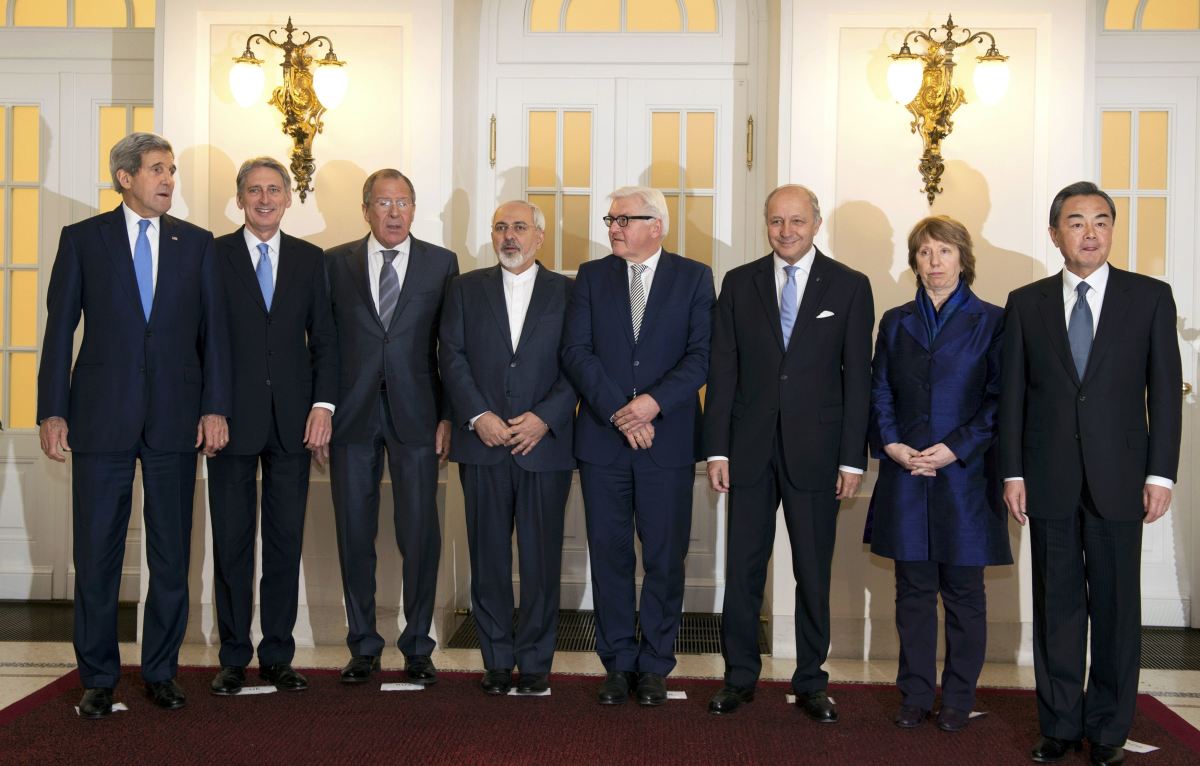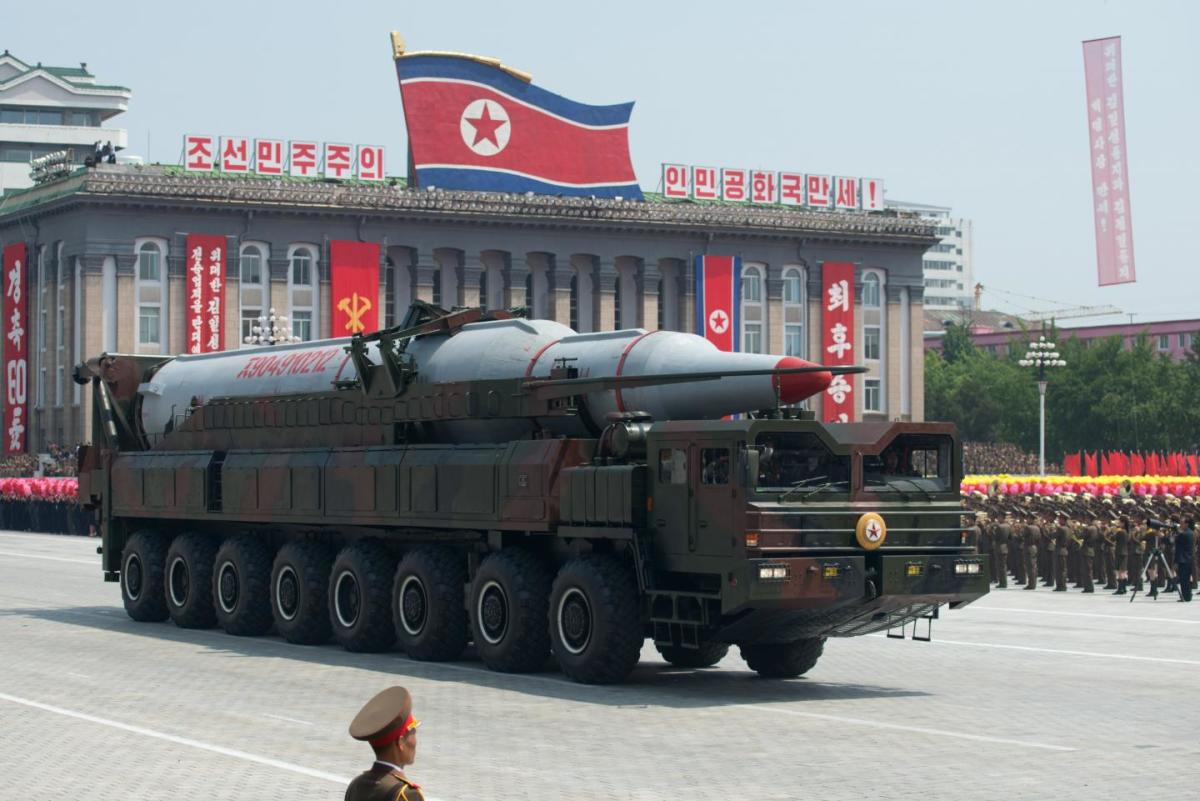The Message of North Korea's "Failed" Satellite Launch
Stalemate and ceasefire in the civil war between North Korea and South Korea
Stalemate and ceasefire will prevail in the civil war between the South Korea and North Korea.
This is the message delivered by North Korea through its “failed” satellite launch in April this year.
Before the attempted launch, North Korea was warned by the United States and the United Nations that sanctions would be imposed on North Korea if it proceeded with the launch. The attempted launched was seen by the U.N. and U.S. as a step further in the development of nuclear weapons capability of North Korea.
And even before the attempted launch the United States cancelled a scheduled food aid for North Korea.
Earlier on, a nuclear summit was held in South Korea that called on North Korea to scuttle its nuclear weapons program. In response, North Korea announced it would launch a commercial satellite after the summit. It launched a commercial satellite on April 7 this year that disintegrated in space. How could the launch fail when North Korea had successfully launched a satellite some years earlier? This "failed" launch is a signal.
A negotiating committee is in place involving the United States, Russia, South Korea, North Korea, and China, among others, dealing on the nuclear weapons of North Korea.
The perception is that Russia and China are in the same side of the fence with North Korea.
Focused issue
The issue on focus now is the nuclear weapons of North Korea. It is an issue that other countries would espouse including Russia and China. The world community could be harnessed to bring pressure on North Korea to scuttle its nuclear weapons program.
It appears that North Korea is not willing to give up its advantage over South Korea.
It is unlike in the SALT negotiations between the United States and Russia to cut back on their nuclear weapons arsenal based on the principle of “no advantage.” This was the point of the meeting between Russia, lead by Leonid Brezhnev, and the United States, lead by Henry Kissinger, held in Brezhnev’s office on March 25,1974. Still the U.S. would stand to hold on to 1,100 MIRVed ICBM to 1,000 that of Russia.
However, North Korea needs the food aid that the United States had cancelled.
Conditions at hand
North Korea would not give up its nuclear advantage over South Korea; North Korea needs food aid; American subsidiaries in South Korea fear unification between South Korea and North Korea; Russia and China might be reluctant to pressure North Korea to give up its nuclear weapons advantage.
American subsidiaries in South Korea constitute the barrier in the Korea problem. American subsidiaries have gathered support from the United States government and the United Nations.
American subsidiaries want the elimination of nuclear threat posed by North Korea. In case of rapprochement between South and North Korea there is a possibility of their unification. In a general election, delegates from the South would win most of the seats, assuming a presidential or parliamentary system, because the South is more populous. However, nuclear weapons are instruments of intimidation.
So the first line of self-protection for subsidiaries is prevention of the unification between the South and North Korea. When the South and the North are united there is a possibility of nationalization of American subsidiaries, at worst, and a meddling on their management, at best. Meddling in management can comprise increase in labor wages and non-repatriation of profits. Labor in the third world (so-called) is paid only 10% of that paid for labor in developed countries. Repatriation of profits (sending profits gained in South Korea to the U.S.) constitute a big drain in the resources and wealth of South Korea.
Presently, a subsidiary in South Korea is controlling 45% of the world market for flash memory being used in the new models of mobile phones and laptops. A big company in Japan manufacturing random access memory has filed for bankruptcy because of the competition from South Korea and failed analysis of market trends.
Samsung is the largest manufacturer of television in the world.








